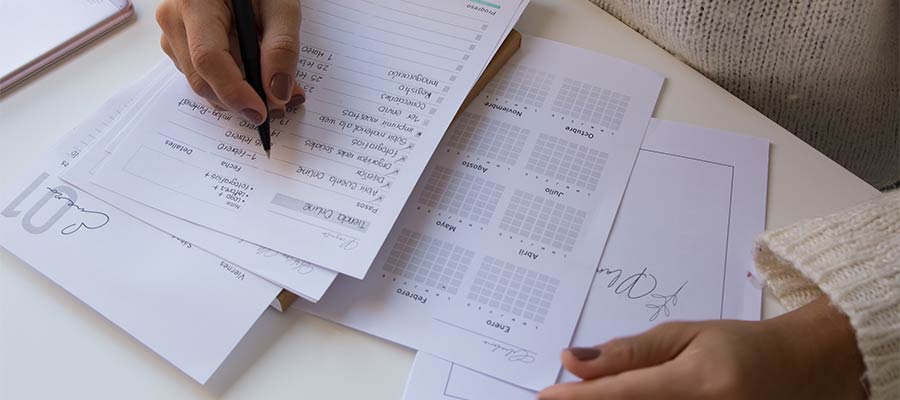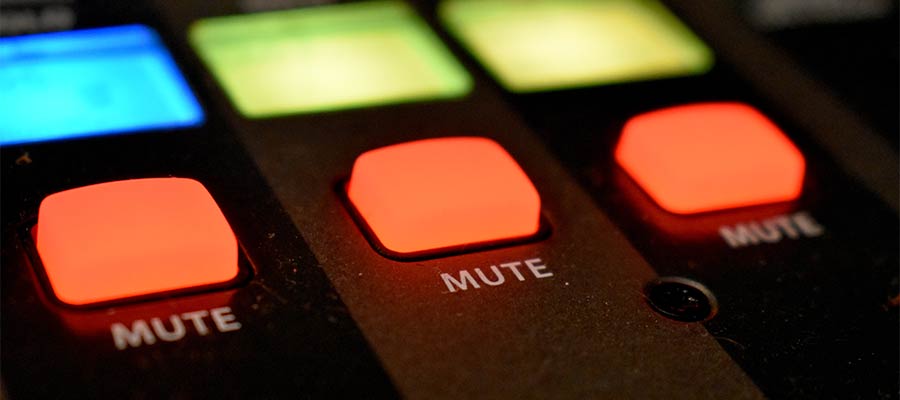It wasn’t so long ago that meetings were primarily held in person. Much to the chagrin of many web designers (myself included), remote get-togethers weren’t widely embraced by clients. What a difference a few years makes.
Meetings were slowly trending towards remote platforms. Then the COVID-19 pandemic hit. Suddenly, Zoom and similar providers became the preferable option. These days, you’re more likely to conduct a meeting from your living room than a client’s office. No complaints here.
Not only do remote meetings keep us safe from viruses, but they also save tremendous amounts of time. No more tedious travel and missed emails to respond to.
However, there is a price to pay for this level of convenience. Remote meetings can be awkward and riddled with interruptions. Some technically-challenged clients may not have mastered the basics yet (ahem, please turn on your microphone).
Wondering how to get the most out of this brave new world? Read on for some tips that will help you hold productive remote meetings.
Find a Quiet Spot
Technology allows us to connect to a videoconference from just about anywhere. But it’s still important to choose your location wisely.
Ideally, you’ll find a quiet, distraction-free place to connect from. After all, it’s hard to be productive in a disruptive environment. Background noise, people moving about behind you, animals and kids vying for attention – they’re all barriers to getting things done.
That means avoiding busy public places such as coffee shops or crowded outdoor spaces. There’s too much opportunity for something to go wrong. Plus, it looks a bit unprofessional.
If you’re working from home, try to find a little spot where you can be alone – preferably with a door you can close. You may not be able to prevent your dog from barking or the doorbell from ringing (thus, setting off the dog), but you can minimize the disruption.
The fewer distractions, the better everyone can focus on the task at hand.

Set an Agenda
No one benefits from a meeting that goes awry. You know, the ones that take too long and veer off into unrelated subject matter. When they finally end, the feeling is that of relief rather than accomplishment. And this seems to be particularly common in a remote setting.
This is where a little bit of planning can go a long way. By setting and sharing a meeting agenda, everyone involved will know what to expect.
Agendas can be very flexible, which is helpful if you aren’t the most organized person in the world. You don’t have to plan things out to the minute. Even a general outline and estimated timeframe will do the trick.
As a host, agendas provide an easy way to keep the conversation on track. Once you’ve finished with a particular subject, you can glance at the agenda and say, “Let’s move on to the next item.” It’s an invaluable productivity tool.

Take Advantage of Moderation Tools
Whichever meeting platform you choose, odds are there are some user moderation tools included. They allow you to mute participants and pass the “presenter” role to others.
It’s important to utilize these features responsibly. You don’t want to rule the meeting with an iron fist. That’s more likely to harm the collaborative process.
Still, they are effective for events with a large number of attendees. This can prevent people from talking over one other. It’s also a quick way to silence someone’s disruptive microphone feedback or other assorted noises.
The presenter role is especially handy, as it allows other participants to share their screens. It helps them illustrate their talking points and puts everyone on the same page.
If your meeting starts to become a free-for-all, moderation tools are there to help get things under control. Likewise, you can use them from the start to ensure smooth sailing.

Record for Future Reference
Have you ever come out of an in-person meeting having forgotten a few details? That happens to even the most dedicated of notetakers.
Thankfully, most remote meeting platforms provide recording functionality. This allows both you and the other participants to go back and reference key information.
A recording is particularly useful for training sessions. There’s a lot of information being thrown around, and some concepts can get lost in the shuffle. Having a video available provides clients the opportunity to help themselves. It may also save you from receiving a panicked email or two.
It’s also worth noting the potential privacy concerns that come with the act of recording. While some platforms will display a notice that a meeting is being recorded, it’s still good policy to announce this as well. Better to be safe than sorry.

Get the Most Out of Remote Meetings
The benefits of remote meetings are undeniable. They’re better for the environment and your busy schedule. But it still comes down to productivity.
Because these types of meetings are often more casual, there’s a tendency to let up on preparation and focus. That leads to virtual get-togethers that are scattered and prolonged. That’s hardly a recipe for success.
The solution is to mix old-school preparedness with the latest technology. Place yourself in a distraction-free environment. Write up basic agenda that you can use to guide attendees along the right path. And make use of the helpful tools offered by your chosen platform.
Together, these steps will keep your meetings on track and save you tons of time. This is how business in the 21st century is supposed to work.
